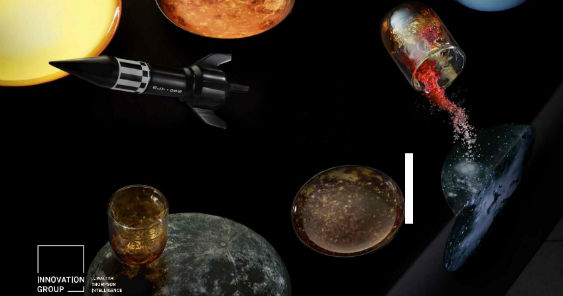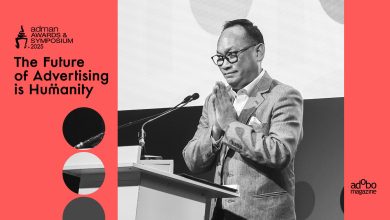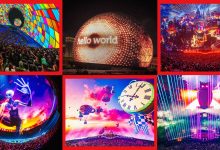By Lucie Greene, Worldwide Director of the Innovation Group, J. Walter Thompson
Do we need to understand everything? Does everything need to be ultra-transparent, real, unfiltered and uber-authentic? For a while, the answer would have undoubtedly been: YES.
But there are signs of change.
As our new ‘Unreality’ study explores —a rising counterpoint is emerging, or rebellion against the know-all see-all culture that’s pervaded, and appreciation for fantasy and escapism. We’re seeing a tidal wave of brands, platforms, products, and exhibitions celebration of magic, fantasy, spiritualism, crystals, and the knowingly ‘unreal’. Do we need everything quantified? And is there something, in fact, quite charming about intangible concepts such as mysticism and ‘the universe’? More consumers seem to think so.
We started spotting signs of ‘Unreality’ late last year. First, there was the rising emphasis on ‘New Age’ practices as part of the holistic health movement. What began as an emphasis on wellbeing had extended to alternative therapies, meditation, healing, was rapidly being extended in to areas such as sound baths, spiritualism, crystals, and astrology as a path to self-improvement. Crystals were being championed by Victoria Beckham for their ‘energy’. Suddenly we saw beauty and skincare brands incorporating Rose Quartz and other energy-giving gems, as ingredients. It was reflected in the data we saw too. Pew published a study showing the rapid number of consumers classing themselves as ‘Spiritual’ not religious.
Next came new exhibitions, and magazines, that were suddenly exploring Magic, Utopia, Witches, fairytales, Surrealism and fantasy in new ways. Then we saw brands, from food to beauty incorporating the language of magic, unicorns, mermaids, and crystals in to their products — beauty brands claiming that moon dust in a moisturizer would ‘improve your state of mind’ as well as your skin; Drinks claiming to contain magic properties that would improve your sex life, and products claiming to be magic.
As we looked to the landscape we saw even more changes — the rise in psychotropic, and psychoactive products among consumers. The new destination holidays being festivals such as ‘Burning Man’ which is all about escape from reality, mind-bending drugs and creativity on the moon like surface that is Black Rock City in the Nevada desert.
New creative in Virtual and Augmented reality were experimenting with more immersive ways to tell stories, adding haptic technology and scent — this summer we’ll see the launch of The Void, an interactive multi-player VR theme park where users navigate a physical stage set, transformed in to a virtual theatrical landscape by the technology. In fact, computer game fantasies and imagery seemed to be leaping from the screen in to movies, immersive experiences and campaigns.
When we looked to emerging trends and influencers in visual culture, we actually saw them experimenting with more surreal and playful realms, layering unexpected things together. Autumn/winter 2016 fashion shows and advertising campaigns played around themes of fantasy and fairy-tale scenarios. Yohji Yamamoto’s dark, gothic tableaux featured models with cartoonish features, while Gucci’s pre-fall 2016 campaign was set in a tropical aviary filled with exotic birds, with models wearing the more fantastical pieces from the house’s dressing-up box. Fashion campaigns had started featuring computer game characters instead of real life humans as poster girls (see Louis Vuitton. Even porn was being disrupted by a new bread of creatives creating surreal, unexpected, fantasy-based imagery.
Instagram, meanwhile, always a place for selfies aboard yachts, had become taken over by millennials and Gen Z’s, turning their faces into dogs, unicorns, and face swapping.
It’s an interesting shift. So much emphasis has been placed on being ‘real’ or ‘authentic’ you get the impression consumers — particularly Millennials and Generation Z — want a break, for fun if nothing else. The interesting thing is that there’s a knowingness and and engagement to most it, a ‘wink’ as people participate in the fantasy narratives. Why not be a Unicorn for a day?
In other places, on the other hand, it’s interesting to see how much there’s absolutely no irony involved. New Age practices such as astrology, crystals, sound baths, and spiritualism, are being regarded with a new sense of reverence and celebration. They’ve also been packaged in a new hip way for a savvy millennial audience (previously these things were presented as marginal, more associated with hippies and older consumers.)
Are you ready for Unreality?








